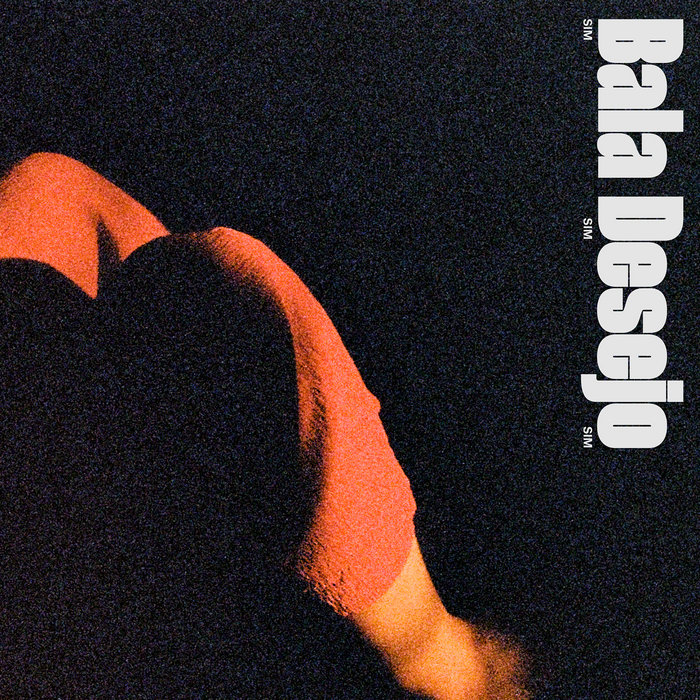
Baile de Máscaras (Recarnaval) – Bala Desejo
this blog is GROOVY – check out great Soul, Funk, Jazz, Hip Hop, Bass, Breaks , Reggae, House n many more TUNES
Ah, Música Popular Brasileira (MPB)! It’s like the warm breeze of a tropical sunset—smooth, vibrant, and full of life. This genre is not just a sound; it’s a cultural explosion that tells the story of Brazil through melodies that make you want to dance. So grab your caipirinha, kick off your shoes, and let’s vibe together as we dive into this musical treasure trove.
To understand MPB, we gotta travel back in time to the 1960s—a period when Brazilian artists began mixing traditional sounds with foreign influences. Think samba meeting bossa nova! These genres were already stirring things up since the early 20th century but found new life when they blended with rock ‘n’ roll and jazz.
One key player during this era was Caetano Veloso, an artist who turned heads with his revolutionary style. Alongside fellow legends like Gilberto Gil, Caetano wasn’t afraid to get funky both in sound and appearance—like rocking those glorious hairdos! Their music became synonymous with Tropicália, a movement that merged art and politics while bringing joy through creativity.
Now let’s put our spotlight on some iconic figures who shaped MPB:
Gal Costa – With her ethereal voice and eclectic fashion sense (we’re talking colorful wigs!), she delivered tunes that broke boundaries.
Elis Regina – Often dubbed “a hurricane” for her lively performances, Elis had wild stage presence complemented by her striking wardrobe choices—she once wore literally hundreds of flowers at one concert!
Chico Buarque – Known for his poetic lyrics that address social issues wrapped in catchy rhythms; Chico wouldn’t just sing about love but often used humor as commentary on everyday Brazilian life.
Here’s a fun tidbit: During one performance, he accidentally sang “O Caderno” wrong—the audience corrected him so loudly he couldn’t continue without cracking up!
Fast forward to today! MPB has evolved into various styles incorporating elements from hip hop to electronic beats. Artists like Marisa Monte blend traditional roots with modern vibes seamlessly. Have you ever heard someone sing over sampling beats? Well hey—all that’s part of keeping it fresh!
Speaking of fresh: enter Sandy & Junior—the pop duo initially known for their teeny-bopper hits back in the ‘90s! What’s hilarious though is how they tackled everything from bubblegum pop to deep heartfelt songs throughout their career—it’s proof anyone can groove along multiple wavelengths.
The lighthearted spirit continues among contemporary artists too:
When asked about composing songs under pressure during interviews, singer-songwriter Ney Matogrosso, known for wearing extravagant outfits including sequined pantsuits—and trust me no one rocked them better—claimed his best work came after midnight snacks!
Rapper/artist ANDré Abujamra once tried pairing food tasting events alongside concerts encouraging participants not only enjoy music but also expand palates—in true Brazilian style putting “cuisine meets concert.” Imagine grooving out while munching on feijoada!
And let’s talk about Jorge Ben Jor—the man behind classics such as “Mas Que Nada.” He created such infectious grooves even ants would start dancing around him at picnics! Allegedly once chased by curious street dogs eager to hear what he’d play next.
MPB isn’t confined within Brazil’s borders; its influence is global! Who doesn’t know “Mas Que Nada”? It reached legendary status thanks partly due to Sergio Mendes’ collaboration featuring Black Eyed Peas back in 2006—which turned heads everywhere inspiring remixes all around town.
While Claude Debussy made waves across Europe centuries ago oh boy does Anna de Hollanda bring those waves crashing onto shores again today singing classic tunes mixed beautifully enhancing lyrical nuances showcasing why these sounds matter globally too.
So there you have it—a delightful stroll through the enchanting landscape of Música Popular Brasileira —full of heartbeats blending harmoniously against sun-kissed vibes carried down generations past until present day where innovation thrives amidst tradition reminding us always dance lightly upon earth…and maybe do an impromptu samba if inspired enough afterward!!
In short? Life’s too short not to jam out loud every now then—even if it means embarrassing yourself attempting fancy footwork alongside seasoned dancers more attuned rhythmically perhaps—but hey isn’t laughter greatest melody played?
Keep dancing folks! ✨🎶

Baile de Máscaras (Recarnaval) – Bala Desejo